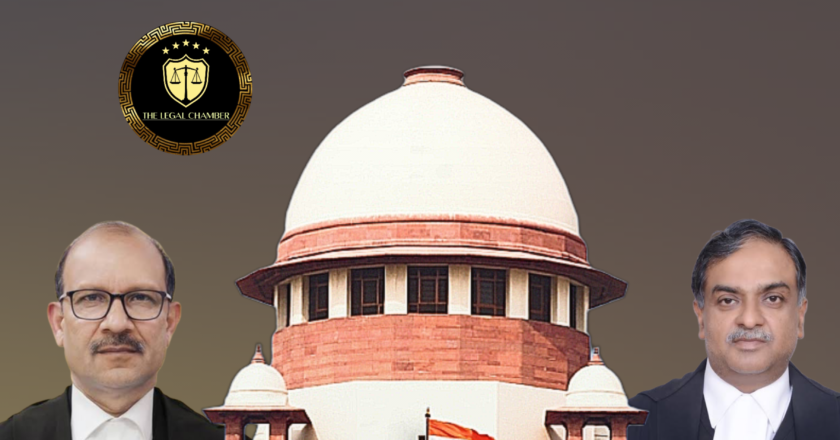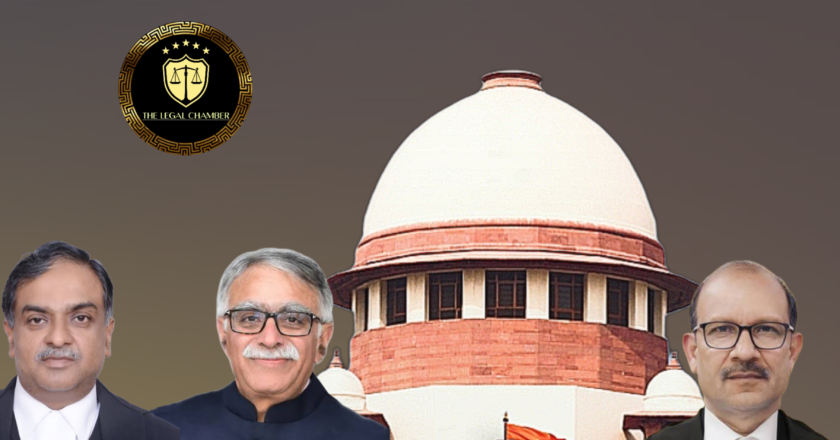Supreme Court Ruling : Doubt Over Witness Claims Leads to Acquittal in TN Murder Case
The Supreme Court acquitted the appellants, overturning their conviction under Sections 302 and 34 IPC, due to unreliable eyewitness testimonies. The Court emphasized the need for cautious scrutiny of related witnesses (PW-1 and PW-2) and highlighted improbabilities in their accounts, including the unrealistic timeline of events. The prosecution failed to prove guilt beyond reasonable doubt, rendering the conviction unsustainable. The judgments of the Trial Court and High Court were set aside, underscoring the principle that doubts in prosecution cases must benefit the accused.
Facts Of The Case:
The case involves the murder of Edison Suvisedha Muthu, a habitual drunkard with a criminal record, including detention under the Tamil Nadu Goondas Act. The prosecution alleged that on 14.04.20...



